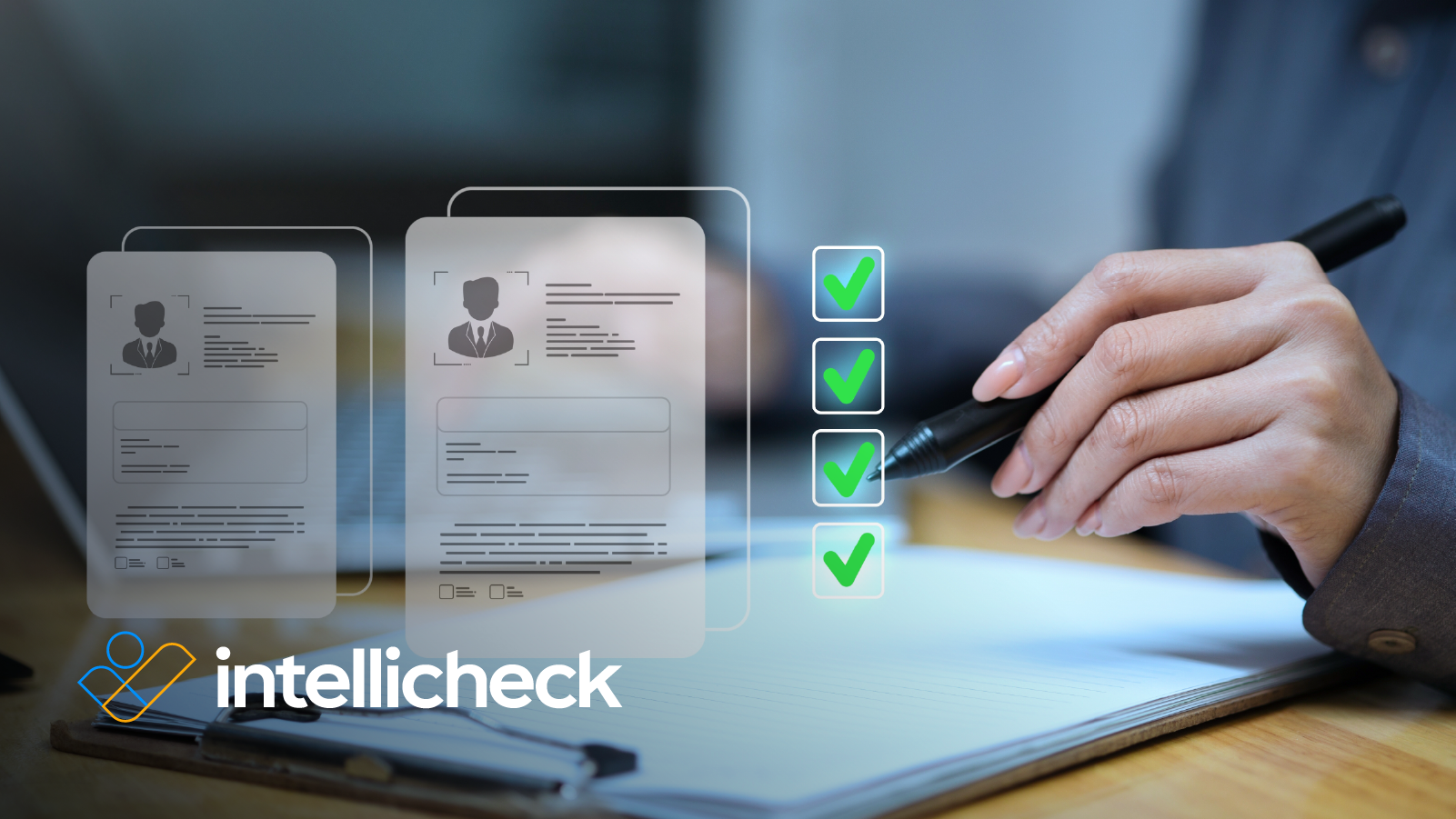In recent years, online retailers and service providers have found a large and growing international market of consumers willing to pay for their products. Unfortunately, this growth created a surge in online criminality and has cost many companies more than they anticipated.
As web-based technology continues to evolve, so too do consumer expectations. A fast, frictionless online shopping experience has become a necessity to ensure success in the eCommerce space, but the technologies used to facilitate this also allow bad actors on the network to take advantage of customers and companies alike. Online retail customer verification strikes at the heart of this issue, making it possible for organizations to better serve their customers without negatively impacting the customer journey.
In its earlier phases, online identity verification required significant human intervention to work smoothly. Owing to this, identity verification solutions were often inaccurate in their results and the potential for error was much higher. By leveraging data across multiple sources, such as credit bureaus, official government servers, mobile network service providers and even social media, new alternatives to traditional identity verification can preserve the customer experience while protecting all parties.
What ID Verification Is – How it Works
Customer identity verification is a great way to make sure customers are legitimate, using information they can easily and safely provide.
Why is it important to know who you are dealing with?
Compliance
Verification can keep companies compliant with government mandates and regulatory guidelines such as Know Your Customer.
Know Your Customer (KYC) is an important countermeasure standard for preventing potential money laundering in the financial industry. Set forth by the Financial Industry Regulatory Authority (FINRA) in 2012, rules 2090 and 2111 specify what information must be known about customers before they can open accounts, etc.
If regulatory guidelines such as those put forth by FINRA are not followed, companies can quickly incur costly fines.
Risk
Theft is the primary risk for companies dealing with unknown customers. Whether that be direct theft from the company itself through chargeback schemes or theft of an unsuspecting person’s funds through misused identity details. Such crimes are increasingly harder to identify and more common across industries.
The growing threat of online fraud has pushed more and more organizations to take identity verification seriously, especially as government processes have become key targets. Tactics such as account takeovers, general ID fraud, chargebacks, and more make every sector, from retail to government, vulnerable to identity theft scams.
Reputation
For online businesses, identity verification can drastically improve profitability by deterring cybercriminals and increasing trust among consumers. Less fraud translates to a better business environment. For government bodies, secure processes build public trust in the code of law and the welfare of the nation.
Online Retailer Authentication Options
Authentication comes in a variety of forms – from traditional techniques to technologically advanced options.
Traditional
A simple, manual ID check handled by a human used to be sufficient to weed out would-be scammers, but far more sophisticated fakes and online operations make this approach less feasible each year. Even an updated approach that passes ID information along to human reviewers who are experts at detecting fraud results in more errors than should be acceptable to most organizations.
Asking questions only the user can answer helps a bit but fails to fully verify that they are who they say they are.
Technological
Leveraging emerging technology can drastically improve the ID verification process. In fact, any of the following options can help:
- Multi-Factor Authentication- This form of authentication makes use of the most data sources to prove a customer is exactly who they say they are.
- Simple multi-factor authentication- By implementing this form you can take advantage of two types of credentials to verify a person’s identity. This may manifest in practice as a PIN code being needed in addition to a credit card’s magnetic stripe to make a withdrawal at an in-person ATM.
An example for online retailers would be the use of an additional activation code sent to a user’s mobile phone after they have entered their password.
More advanced alternatives leverage either more personal information or more than two types of credentials to ensure a customer’s identity is legitimately what they say it is. Combining the above with biometrics-based image and ID verification exemplifies this approach and its heightened accuracy makes it more appropriate for online transactions than simpler alternatives.
- Facial Recognition- Adopting the process of verifying a person’s identity with a candid selfie and photo ID comparison can prove to be a powerful impediment for would-be fraudsters lurking on the web. However, implementing such a process can be tricky.
Choosing the wrong photo verification tools can trip up your business by crossing legal boundaries you might not have been aware of. Intellicheck’s anti-fraud solution is trusted by state officials and law enforcement to safely verify identity against a photo ID. It also can detect that submitted pictures are not simply photos of photos or similar tricks scammers often employ.
- Cell Phone and Email Authentication– By asking first-time purchasers to provide proof of ownership of both their email address and a phone number, companies can keep accountability in check.
This process can be handled in multiple ways, including clickable links that are sent directly to each of these endpoints. This way, customers simply click to verify they have access to their email account and phone.
- Other Trust Signals- Details that are more difficult to fabricate can make fake detection easier if incorporated into the verification process. Information such as a user’s cell phone reputation, whether or not submitted information has been compromised in any way, etc. can play a powerful role in deflecting would-be fraudsters.
Balance Security and User Experience
Building out a secure identity verification process can prove to be a costly endeavor. Systems that center on human intervention simply cost more than automated alternatives. A human-based process also opens the door for mistakes to be made as individuals’ abilities vary widely.
Compounding the accuracy problems organizations with people-based authentication processes may face are necessary training procedures that suck up time and resources. The user experience suffers when people encounter delays such as those brought about by new hires in training.
Leveraging Optical Character Recognition (OCR) can help speed up the verification process, but these solutions fail to truly gauge a document’s realness more than 20% of the time, focusing only on whether or not it ‘looks real’. Shoehorning human checking into the mix to clean up behind an OCR system revives the issue of delays, slowing down the process and sometimes demanding excessive information from users who choose to walk away instead of complying.
Payment security concerns are one of the top 5 major reasons for online cart abandonment, alongside poor website design, shipping costs, and checkout complications, etc. In fact, 19% of all online shoppers abandon checkout because they don’t trust the site with their credit card information.
To succeed in online retailing, your checkout and payment processing system should be quick and painless for customers to breeze through. ID checks need to be automated as much as possible with a solution that is sophisticated enough to protect both you and your customers from fraudsters. This helps customers feel confident enough to buy from you without face-to-face contact.
What is Needed?
Creating a smooth, consistent, and secure purchasing environment as an online retailer makes acquiring and keeping customers much easier.
Intellicheck delivers retail and online identity verification solutions to some of the top retailers in the world. The reason is Intellichek’s speed and convenience, and its high accuracy. Intellicheck can deliver sub-second results and 99.9% accuracy in only a few steps. You can integrate the Intellicheck platform via an API or use the Intellicheck portal for instant access.
Reach out to our team at Intellicheck to see how easily you can set up such a system for your own business.


%20copy.webp)






